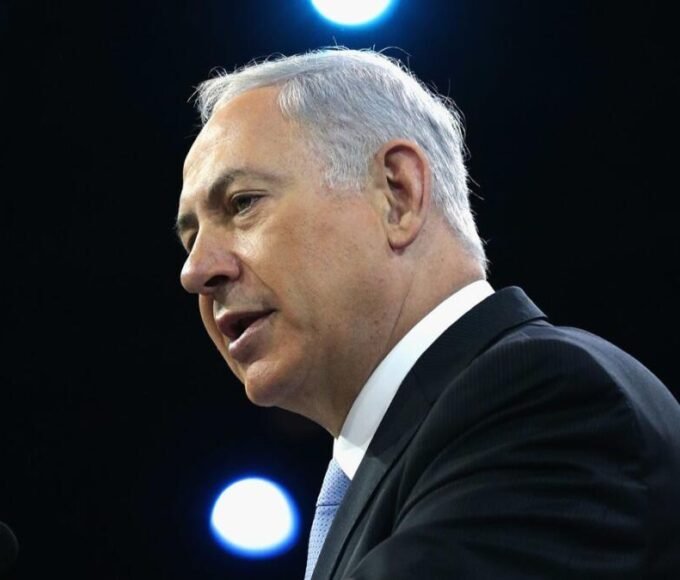Table of Contents
A New Front Opens in India-Pakistan Conflict
The shadows of geopolitical conflict often extend beyond military skirmishes and diplomatic rows, spilling over into the realms of tourism, trade, and cultural engagement. Recent data reveal that Indian tourists have sharply reduced travel to two countries entwined in the India-Pakistan conflict: Azerbaijan and Turkey. Both nations openly expressed support for Pakistan during the escalation triggered by Operation Sindoor, India’s military strike against terrorist sites.
This new dimension of protest — a grassroots tourism boycott — illustrates the power of consumer choices as both a form of solidarity and economic pressure.
The Numbers Speak: A Sharp Decline in Indian Tourists
Official tourism statistics paint a compelling picture. In 2024, over 243,000 Indians visited Azerbaijan, representing a rapidly growing tourist segment that more than doubled since 2023. Turkey also welcomed 330,000 Indian tourists in 2024, a 21% increase from the previous year.
However, 2025 tells a different story. By June 2025, arrivals to Azerbaijan dropped by 66%, with only 9,934 Indian tourists compared to 28,315 in the prior year. Turkey saw a near 50% decline in Indian tourists in July 2025 compared to July 2024. Travel portals and booking platforms have reported cancellations surging by over 250% in some cases, revealing the broad-based nature of the boycott.
Social Media and Travel Portals Join The Movement
The boycott received significant boosts from social media campaigns trending with hashtags such as #BoycottTurkey and #BoycottAzerbaijan. Influencers, activists, and ordinary citizens amplified calls to stand against countries that supported Pakistan in the recent conflict.
Leading travel companies like MakeMyTrip, Cleartrip, and EaseMyTrip publicly declared their support for the boycott, removing promotions for these destinations and advising customers accordingly. Industry insiders reveal that many had already stopped accepting new bookings for Turkey and Azerbaijan.
Reasons Beyond Politics: Cultural Disconnect and Safety
The boycott goes beyond simple geopolitics. Indian travelers express discomfort traveling to countries openly aligned with Pakistan amid ongoing border conflicts. There are also concerns about the safety of Indian tourists in these regions during diplomatic tensions.
Furthermore, India’s burgeoning middle class, the core demographic for international leisure travel, increasingly prefers destinations aligned with its national interests and cultural sentiments.
Economic Impact on Turkey and Azerbaijan
Tourism forms a vital part of both Turkey’s and Azerbaijan’s economy. Turkey’s tourism sector contributes roughly 12% to its GDP and supports 10% of employment. Azerbaijan also heavily depends on tourism revenues, with Indian tourists making up about 11% of total arrivals before the boycott.
The sharp drop in Indian visitors threatens to slow revenue inflows, particularly from high-spending segments such as weddings, honeymoons, business travel, and cultural tourism. Key industries intertwined with tourism—including hospitality, transport, retail, and local crafts—face mounting pressure.
local Indian Travel Industry Adapts
The boycott has precipitated shifts in the Indian travel industry itself. Many tour operators are redirecting focus to domestic and nearby Asian markets perceived as politically neutral or friendly to India. Destinations like the Maldives are experiencing efforts to reset relations and capture a larger share of Indian tourists.
Within India, popular northeastern states such as Sikkim, Gangtok, Guwahati, and Darjeeling are witnessing an uptick in bookings as holidaymakers opt for safer, less contentious travel locales.
Trade and Broader Economic Boycotts
Parallel to the tourism backlash are economic countermeasures. Indian traders and business associations report halts on imports from Turkey, notably costing Turkish goods over ₹5,500 crore in revenue losses. Agricultural products, including Turkish apples, face consumer boycotts domestically.
These moves reflect a growing willingness among Indian businesses and consumers to leverage economic levers in expressing political and diplomatic disapproval.
The Power and Limits of Boycotts
While impressive in scale, tourism and trade boycotts often face limitations. Long term economic and cultural ties, economic pragmatism, and political shifts can reverse trends. Moreover, tourism ambassadors and cultural bridges often argue that people-to-people connections help soften geopolitical divides.
Still, the 2025 boycott provides transit lessons on how swiftly global public sentiment can align with national causes and translate into economic impact.
Voices from Affected Communities
Indian travel agents report mixed feelings—while they support the boycott as patriotic, they express concerns over missed business opportunities and job losses in the tourism sector. For many Bharat’s youth and middle class, travel remains part of life’s aspirations but now accompanied by new considerations about destination politics.
In Turkey and Azerbaijan, tourism operators speak of hope that political relations might improve to welcome back Indian tourists, emphasizing the historical warmth between the peoples outside political conflicts.
Conclusion: A New Chapter In People’s Diplomacy
The boycott of Azerbaijan and Turkey by Indian tourists is a reminder that diplomacy is not only the preserve of governments; it is also shaped by digital activism, economic choices, and cultural identity. Consumer decisions today can provide potent signals of solidarity and resistance.
As geopolitical winds shift and conflicts reshape alliances, this tourism backlash highlights how ordinary citizens take active roles in international affairs—penning a new chapter in the story of India’s engagement with the world.
Read More: Sanaa Under Fire: Israeli Bombing Intensifies Middle East Crisis











Leave a comment